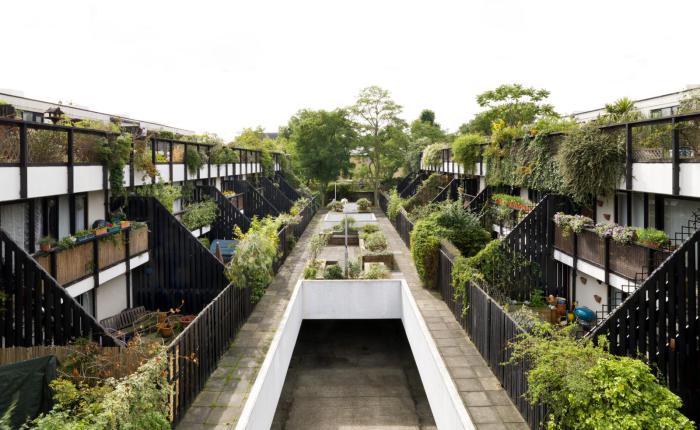23.02.18
Event Information
Res Publica – 2018 AIARG 7 Conference
Queens University Belfast David Keir Building Stranmillis Road Belfast BT9 5AG United Kingdom
25.01.18-26.01.18
Full Fee (Keynote, Conference & Dinner) – £70
Full Fee (Keynote & Conference) – £45
Student Fee (Keynote, Conference & Dinner) – £45
Student Fee (Keynote & Conference) – £ 20
Event Information
Res Publica – 2018 AIARG 7 Conference
Queens University Belfast David Keir Building Stranmillis Road Belfast BT9 5AG United Kingdom
25.01.18-26.01.18
Full Fee (Keynote, Conference & Dinner) – £70
Full Fee (Keynote & Conference) – £45
Student Fee (Keynote, Conference & Dinner) – £45
Student Fee (Keynote & Conference) – £ 20
The seventh annual conference of the All Ireland Architecture Research Group (AIARG 7) seeks to explore the relationship between architecture and the public realm. The term res publica defines a public affair and architecture is necessarily the most public of the arts: to engage in architecture is to engage in a public discourse. The relationship between architecture and its publics is a complicated one. A public art requires reciprocity between the public and private realms but much of the built environment is designed and built for and by private individuals. Yet the process of design, even for a private commission, is also potentially a public act in that it establishes a collective forum, a sort of res publica as a thing held in common by many people. So where does the public aspect of architecture reside and how is it calibrated?
Full programme to follow and more information available HERE
Mark Swenarton is an architectural historian, critic and educator. In 1981 with Adrian Forty he set up the UK’s first masters degree in architectural history and in 1989 with Ian Latham founded Architecture Today, which he edited until 2005. He was subsequently head of the architecture school at Oxford Brookes and then the first holder of the James Stirling chair of architecture at Liverpool, where he is now emeritus professor. His books include Homes fit for Heroes and Architecture and the Welfare State. Professor Swenarton will be discussing aspects of his most recent and acclaimed book Cook’s Camden: The Making of Modern Housing (Lund Humphries, 2017).
The housing projects built in Camden in the 1960s and 1970s when Sydney Cook was borough architect are widely regarded as the most important urban housing built in the UK in the past 100 years. The schemes – which included Alexandra Road, Branch Hill, Fleet Road, Highgate New Town and Maiden Lane – set out a model of street-based housing that continues to command interest and admiration from architects to this day. Cook recruited some of the brightest talent available in London at the time, including Neave Brown, Benson & Forsyth and Peter Tabori, and also commissioned up-andcoming practices such as Colquhoun & Miller, Edward Cullinan and Farrell Grimshaw. The Camden projects represented a new type of urban housing based on a return to streets with front doors. In place of tower blocks, the Camden architects showed how the required densities could be achieved without building high, creating a new kind of urbanism that integrated with, rather than broke from, its cultural and physical context. This book examines how Cook and his team created this new kind of street-based housing, what it comprised, and what lessons it offers for today. New colour photographs by Tim Crocker combine with the original black and white photography by Martin Charles to give a fascinating ‘then and now’ portrayal not just of the buildings but also of the homes within and the people who live there.

Architecture at Queens University Belfast
Buckminster Fuller said, ‘the best way to predict the future is to design it’. Architecture at Queen’s produces architects capable of operating within and across the expanding fields of contemporary and future practice. Synthesizing technology, ecology, culture throughout all acts of design, our programmes critically engage with the lessons of the past to realise the architects of tomorrow.
23.02.18
30.11.17-01.12.17